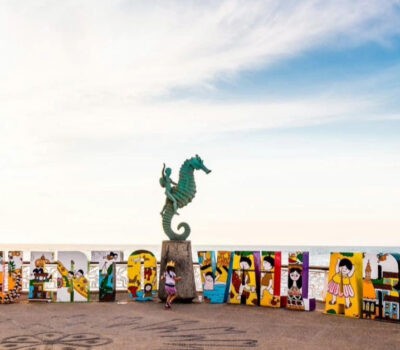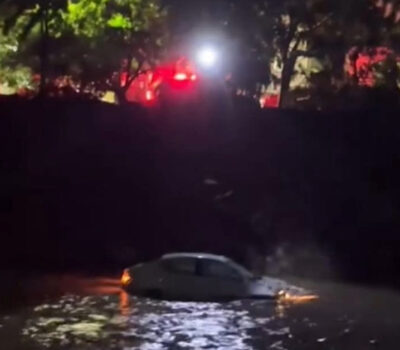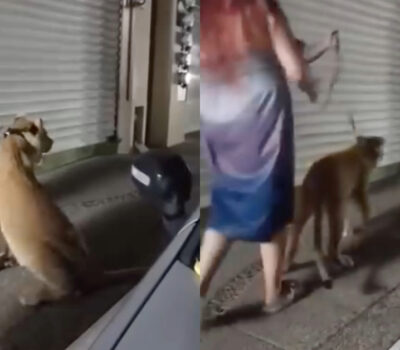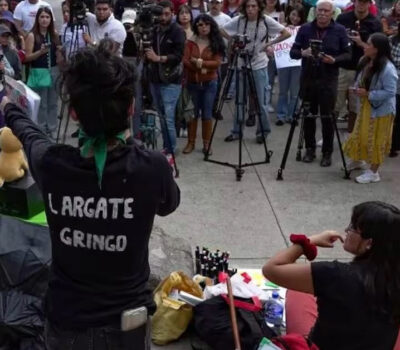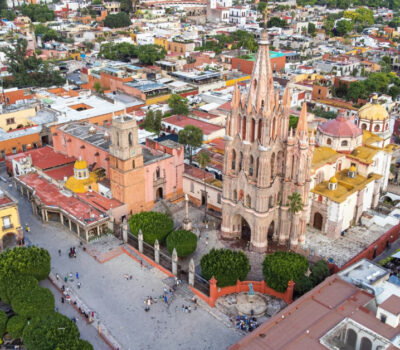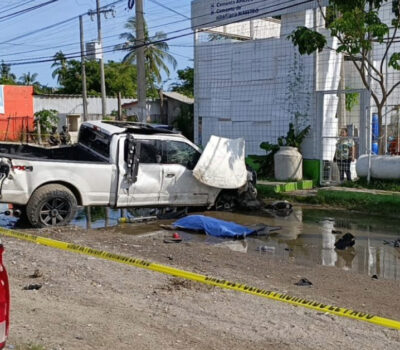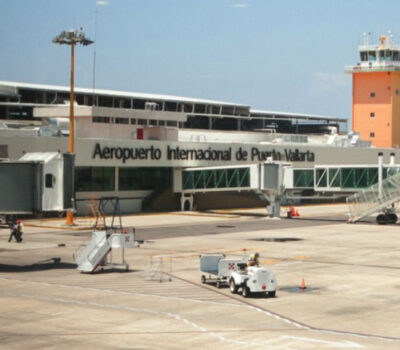Mexico's president announced a nationwide anti-crime plan Thursday that would allow Congress to dissolve local governments infiltrated by drug gangs and give state authorities control over often-corrupt municipal police.
The plan announced by President Enrique Pena Nieto came two months after 43 . . .

